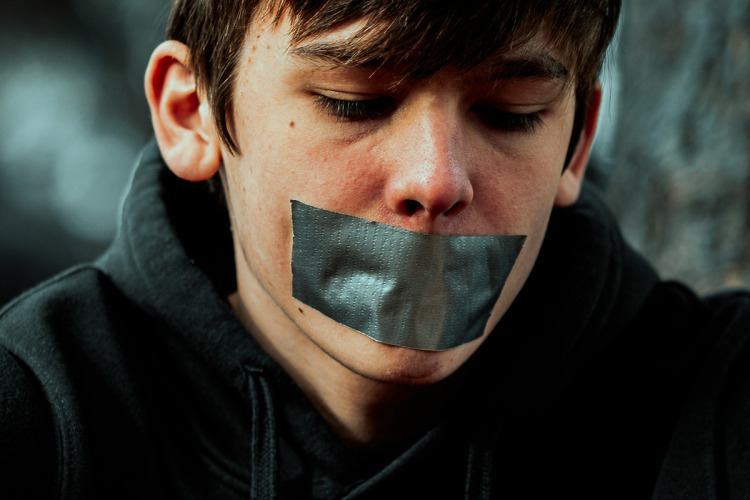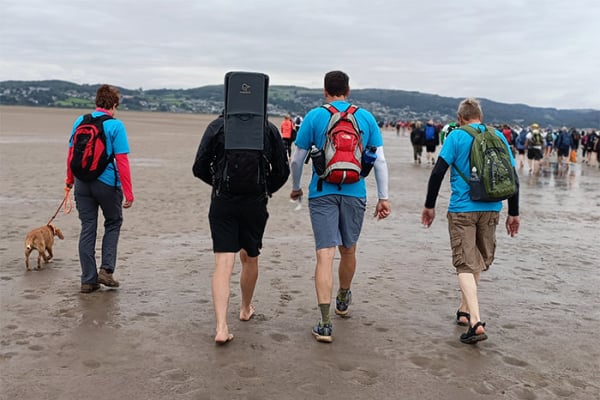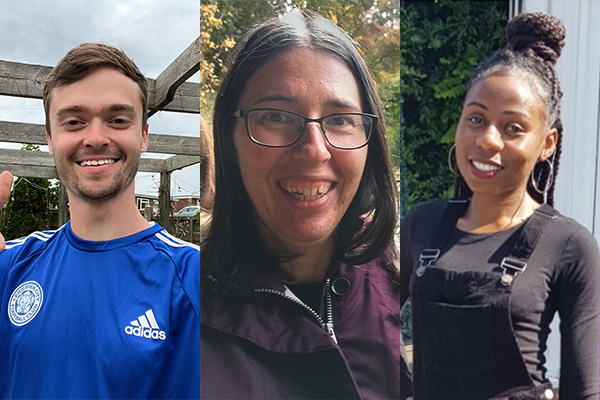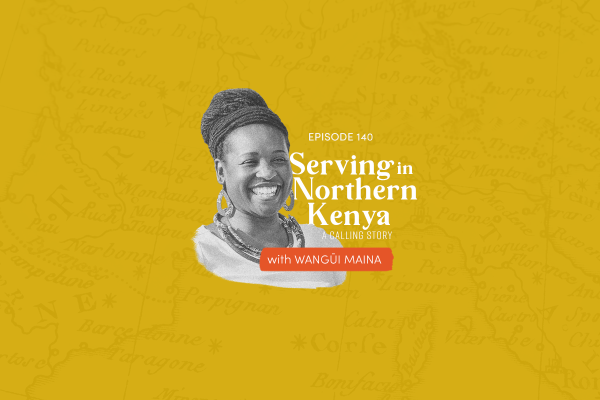Breaking the Silence

Breaking the silence:
What prevents children from speaking out when there is a risk or occurrence of harm?
Maria and John both attend Peace International school, are both 14, and have very similar backgrounds.
Maria was pleasantly surprised when she was noticed by a senior boy. Their online conversations became regular, and she was soon smitten by this good looking 18-year-old fellow student. He asked her to keep their friendship a secret as he said some wouldn’t understand their age gap, but he appreciated her maturity. Over the weeks the online conversations became more intense, and he started to comment on her looks. He started to ask her to reveal herself to him, first her shoulder, then her underwear and Maria, wanting to please him and trusting him, complied. Over the months more was asked of her including watching pornography with him online and committing actions that started making her feel uncomfortable yet at the same time grown up. Maria started to feel permanently racked with guilt. After he graduated, he finally stopped writing to her altogether and she saw that he had a new girlfriend on his Instagram. In this loss Maria started to become addicted to watching pornography, gradually turning to darker pornography and sexual online interactions. To everyone she was the sweet Christian Kid, beloved by her parents and compliant at school. Maria saw the posters around the school telling the students of the availability of help and heard the safeguarding talks given every year. But she believed that this was her fault... she hadn’t been abused. He had never even touched her.
John came to Peace International school with a horrible secret that he tried never to think about. Between the ages of 8 to 12 one of his parents’ close friends in ministry had done unspeakable things to him. Initially John, who was very lonely living in a remote area with very few friends, loved the attention he was getting from this woman. She was so friendly and kind. She often had headaches and told him he was so good at massaging her and making her feel better. And over the years one thing led to another. By the time John realized what she was doing was likely bad, it was too late. When his parents talked to him about God’s plan for purity, he felt so embarrassed and ashamed and fearful. When he was 14, he started to attend Peace International School and was amazed when he saw posters around the school saying that he had a right to feel safe and could talk to people if he had been harmed. He then sat through safeguarding talks and heard that he could speak about things that had caused him harm in the past. The talk explained the response process and that he had the right to feel safe, be heard, and helped. He heard that the response process would be private and the circle of those who would respond would be kept small. He gathered up the courage and spoke to the safeguarding lead who thanked him for telling her, gently asked him some questions, listened and even allowed times of silence so John could think.
Now, as 18-year-olds, Maria and John are in very different places. John had four years of support during which he grew in awareness of what had happened and was on a healing journey, in partnership with his parents. At 18 John was thriving. Maria was not as she never told anyone what had happened to her.
Unfortunately, Maria’s story is common. It is easy for children of Christian workers to feel that they cannot raise concerns for many different reasons. Children have stated that they don't want to bring shame to their family or cause their parents to leave a ministry. Some children believe God couldn’t be real as he didn't protect them even when they prayed. Other children are confused as it is a so-called “Christian” who is grooming or abusing them.
In 2021, the TeachBeyond Safeguarding Team asked middle and high school students at four Christian international schools (many of whom are Christian workers’ kids) why they might not raise a safeguarding concern. Two of the ten questions we asked show us why children are hesitant or unlikely to reach out about harm that has happened or is currently happening to them:
What may be some reasons why high schoolers might not share past harm to a trusted adult?
“Sharing past harms won’t change anything.”
“As much as students trust adults, they don’t want them to worry about them. Also, I personally think that there’s no point of telling since it’s in the past.”
“Fear of repercussions and punishment which has resulted from knowledge of other situations that were handled poorly and resulted in them being punished. Fear of losing control of their life. Deciding that it’s not relevant because it happened a long time ago.”
What may be some reasons why high schoolers might not share present harm to a trusted adult?
“It could get worse and might escalate more than expected”
“They would receive more harm because telling people about it never works out, gets them into trouble, scenario dependent: if the issue is someone of high regards, the high schooler will not be trusted.”
“They may believe it is embarrassing, their fault”
“It feels like imposing...and you don’t want to burden or bother them. If you respect them, you also fear that they may think less of you or treat you differently.”
What we saw from these responses is that children are worried that they will be treated differently if they disclose harm. Some students also mentioned that they would feel too much guilt or shame to share it with anyone. Many children asked for proof: stories or testimonies when a child or youth disclosed past harm and was responded to successfully and how this led to healing and restoration.
The main problem seems to stem from the fact that some children do not know the benefit of disclosing harm and receiving help or they do not trust what will happen after they share a concern. We can start addressing this by informing students in our schools through training, posters, and conversations about what happens when they raise a safeguarding concern. It should be clear that a small group of trauma-informed, trained people will respond to the situation, and it will be kept as confidential as possible.
This cannot happen without any trusted adults in school or at home as well as organizational cultures that value and prioritize children and their needs. We as teachers and parents need to strive to be trusted adults for our students/children now, not just if or when they have a concern. Start by simply listening, asking good questions and being available and really hear what they are saying. We want more endings like John’s and not Maria’s. Let’s break the silence together.
If you would like more information about the student survey or for any questions, please reach out to safeguarding@teachbeyond.org.



